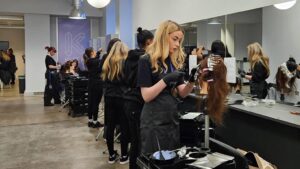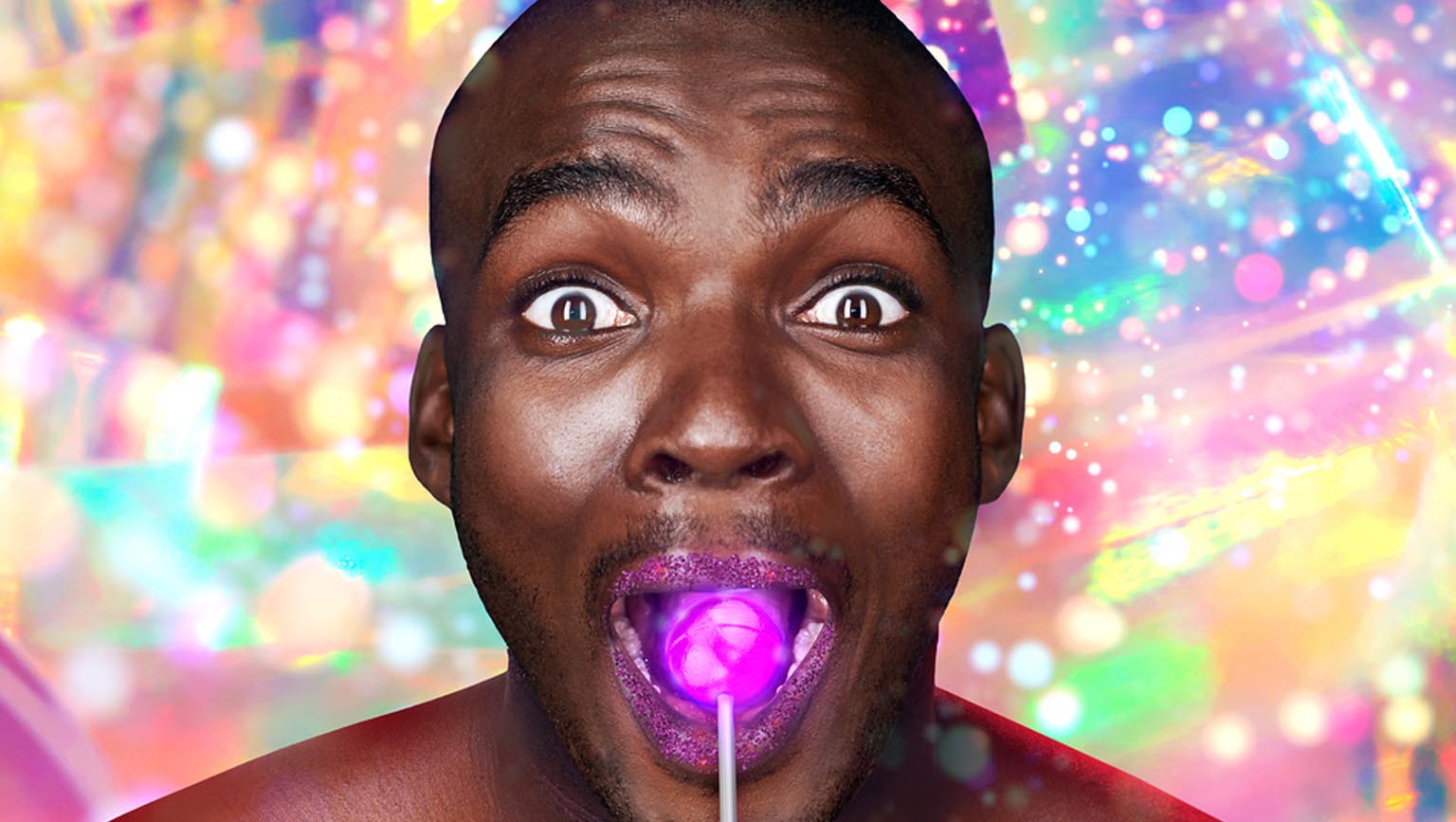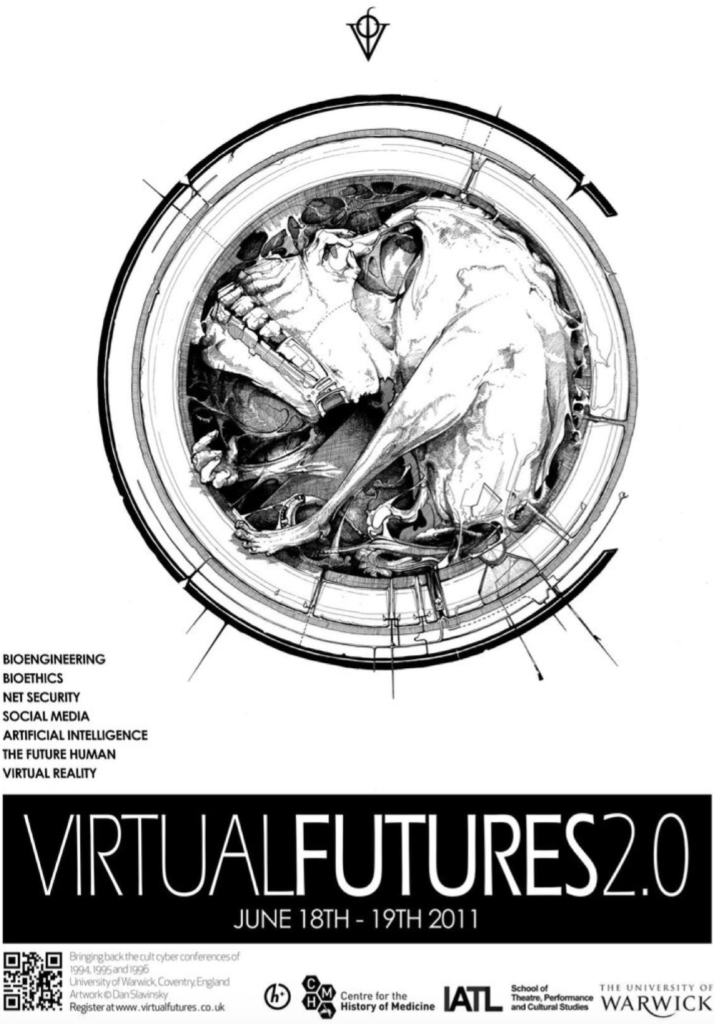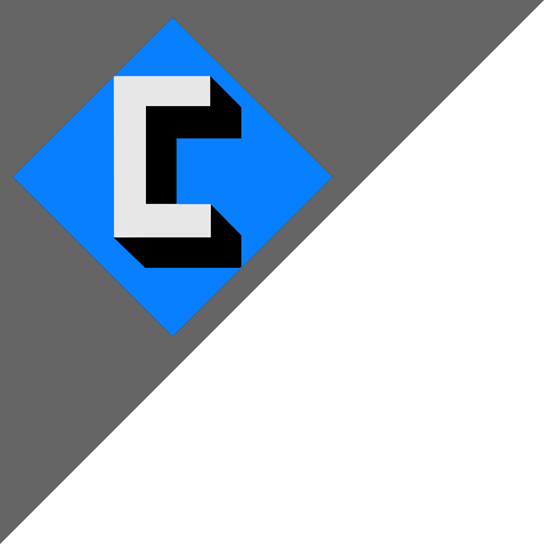Why Bootycandy is important
Prince Kundai is a recent graduate of the Royal Central School Of Speech and Drama, and makes his London Theatre debut in Bootycandy, the first season for The Gate theatre in Camden.
Why is Bootycandy an important story to tell?
It’s the writer’s story, in part. As a semi-autobiographical play, it’s an important story because there’s authenticity within it, and there’s something which every audience member can connect with. It’s also a piece that really allows for a moment of catharsis. We’ve been through a lot as Black Queer people, and through its ingenuity and creative form, it creates a safe space for connection.
What has the show revealed to you?
Sutter, who I play, has to navigate around and through people’s ideas of what a man should be, how a boy should turn into a man, and what that image looks like. He goes through a real transformation through time, becoming more comfortable in his own body. Alongside the opportunity to learn more about the character, working on Bootycandy has helped me learn a lot about myself in the process, connecting with and working through these ideas as a person and a performer.

Describe the production in three words?
Fabulous. Fun. Rooted.
What have been the joys and challenges?
Dealing with some of the content is definitely a challenge. It’s so real, and takes you on an emotional journey, and it’s important to come to terms with what you’re feeling. What’s great is being able to do so with the support of our dramatherapist Wabriya King, and the rest of the team.
Why should everyone see this performance?
Because, why not?
Bootycandy runs Feb 13 – Mar at The Gate Theatre, 26 Crowndale Rd, NW1.
Production photos: Ali Wright
Featured artwork: Doug Kerr

Share with friends
More Stories

The Basement Gym + Studio opens in Camden Town
Camdenist readers get 50% off their first month’s membership, too

Kleek Apprenticeships in Camden: free haircuts & outstanding training
A brand new hairdressing and barbering academy has landed in Camden Town and is now seeking style-conscious models and enthusiastic trainees

The Island – Discover Reformer Pilates in NW5
We speak to founder, Sol, about bringing the studio to Kentish Town

Setting a new standard of luxury living at Camden Goods Yard
Explore the neighbourhood’s brand new neighbourhood
What is House of Ski?
What is House of Ski?
What is House of Ski?
It’s an alpine-themed retro skiwear pop-up that’s just landed in the heart of King’s Cross. Expect an avalanche of original 70s and 80s pieces, including boldly coloured ski jackets, vintage goggles, snug all-in-onesies, sporty puffers, knits and moon boots. The chalet-inspired space will be replenished regularly with new vintage clobber throughout its winter 2023 existence, too.
Who is behind it?
House of Ski is a collaboration between designer second-hand emporium Boutique by Shelter and Beyond Retro, the sustainably sourced garments and accessories people, who always have hundreds of salvaged pieces for sale including plenty of classic skiwear. Meanwhile Great British Sewing Bee winner, Annie Phillips @madeby_annie, has curated collections of some of her finds to inspire shoppers with her essential looks edits – perfect for the slopes, or indeed for cheering up the greyer moments of winter here in London.
Why are they doing it?
As well as generating vital funds to tackle homelessness, Shelter’s store full of upcycled and preloved clothes is helping make fashion shopping more sustainable, just like Beyond Retro’s handpicked rails do, too. With the eco agenda continuing to have a positive impact on the practices of high street retailers and the choices of consumers, a retro ski shop ticks all the boxes, let alone during the cost of living crisis, offering new homes to designer items from as little as £7.
What’s the verdict?
We like how King’s Cross is navigating the post-Covid retail terrain, keeping their offering as unique and desirable as possible, while also making it more accessible, sustainable and community-minded. Not all of us will be able to slope off to the Alps for snow sports days and après ski nights this winter, but with temperatures plummeting again, we can all enjoy some cosy castoff delights right now.
When and where?
Find House of Ski at Coal Drops Yard every day until the end of February. Here’s a bit more info.
Share with friends
More Stories

The Basement Gym + Studio opens in Camden Town
Camdenist readers get 50% off their first month’s membership, too

Kleek Apprenticeships in Camden: free haircuts & outstanding training
A brand new hairdressing and barbering academy has landed in Camden Town and is now seeking style-conscious models and enthusiastic trainees

The Island – Discover Reformer Pilates in NW5
We speak to founder, Sol, about bringing the studio to Kentish Town

Setting a new standard of luxury living at Camden Goods Yard
Explore the neighbourhood’s brand new neighbourhood

Why Bootcandy is important
- Author: Rosie McCrum
- Images: IAI; Virtual Futures
The world’s largest festival of philosophy and music is returning to Kenwood House, 18-19 September.
Camdenist readers get 20% OFF the price of all tickets. Just uses the code CAMDENIST20 at the checkout and we’ll see you there.
Futures Theorist Luke Robert Mason pops up on my computer screen, dressed in all black and partially swallowed by a luminous indigo orb. Perhaps he belongs to another planet? Or is he our Saviour from the future, coming to rescue us from ourselves whilst sporting a halo he nicked from a rave? “I’m hiding a multitude of sins,” he pauses ominously, “there’s a pile of laundry behind this. The reality of life.”
Slightly disappointed, I ask him what he thinks the word ‘future’ means? “Absolutely nothing.” He explains that it’s simply a constrained view of what comes next. “Future is singular. And the challenge with assuming that the future is going to be one thing means that we can be led to believe that the future is inevitable. I’m much more of an advocate of futures, the plural, a multitude of possibilities for what may occur. Everything is up for grabs, anything that you essentially imagine, can come to pass.”
Luke got into this work after coming across Virtual Futures, a series of cyber culture conferences that took place at the University of Warwick in the mid-90s. An undergraduate at the university years after the original talks took place, Luke revived the conference.
When they put together the original conference in the 90s, Luke tells me they were “almost laughed out of the room. Everybody thought the internet was a fad. The internet at the University of Warwick existed in the basement of one building under the maths and stats department, and you had to book time to get on to it.”
The conversations he had as part of the revival came to shape the trajectory of his career, as well as his fascination with the history of ideas and how we came to conceptualise the promises of the internet in the mid-90s. “Virtual Futures is a weird part of my story. I’m 15 years younger than anybody who was originally involved, and I spent at least a decade of my life trying to work out what the hardcore philosophy guys were talking about then. I still am in many cases.”
On his show the FUTURES Podcast, Luke talks to historians, scientists, philosophers, and transhumanists, to name a few, about what the future might look like. Is there a possible future that he finds particularly appealing? “The one in which humanity survives,” he says. “Humanity has this weird self-esteem crisis at the moment. We’re down on ourselves to the point where the idea of an apocalypse is almost appealing. A cataclysmic event presents a unique opportunity to start-over with a new operating system for society. But that’s the easy way out; we need to be unafraid of doing the hard-work in the here-and-now. Understanding our place, understanding our importance, in a world where it’s so easy to dismiss human beings as being controllable, manipulable or stupid, is crucial.”
We invented the future when we invented linear time, Luke explains. “We created linear time, largely so that we could delineate time, so that we could then sell time. We got born into a world that was enslaved to a clock, and a belief that this thing expires, as opposed to this thing recycles, that’s defined all our dominant worldviews. If you believe that this whole game is linear, and you run that in an operating system, which believes solely in a progress narrative, then you’re highly likely to be disappointed.”
Has the future become a commodity? “Hell yeah dude. It’s used as leverage. It’s personal, it’s political, it’s profitable. Elon Musk can stand on stage and say something about batteries and the stock price of Tesla will go up, he tweets something about Bitcoin, and the value of Bitcoin will go down in the present. He can make provocations using the communicative tools that the market values and truly affect the future, creating outcomes by using the present as raw material.”
In our attempts to make sense of our existence, we can become closed-off and dogmatic about our worldviews, making it harder to stay open to possibility. “Robert Anton Wilson famously said, “I don’t believe in anything, but I have my suspicions.” I very much subscribe to that”, Luke tells me. “As well as Robbie Parrish and David Eagleman’s idea of Possibilianism, which posits there are a multitude of possibilities. I think we’re going to find that our ability to stay open to new knowledge, and wear different worldviews without prejudice, is how we find unfamiliar – yet perhaps effective – ways to ensure our collective survival.” He goes on to talk about Eternalism and the block universe theory, that the past, present and future are simultaneously occurring and all moments in time are little places. All versions of the past and future exist equally too.
“There is something wonderfully comforting about there being multiple versions of you, or multiple outcomes, all existing simultaneously. It’s a freeing worldview because it suggests that your subjective experience right now is just one version, and there are many futures that you can potentially step into. Anything is possible, and anything could have been possible. It’s all just a little dance you’re experiencing.”
Does Luke’s rejection of the future as inevitable make him an activist in some capacity? Perhaps. “We need to become more comfortable with the idea that our thoughts can alter reality in a multitude of unrealised ways, thoughts can be causative, thoughts create outcomes”, he explains. “If you can imagine it, it can occur. We have to be very careful about the sorts of futures we imagine for ourselves because sometimes we bake-in the inevitability. For that reason, I’m fearful of things like self-fulfilling prophecy. Be careful what you wish for, it might just come true. There have been banking crises that occurred simply on rumour. The most recent example is the toilet paper shortage in the early days of lockdown: that was purely speculative fiction, on a mass scale. But it’s also a wonderfully exhilarating thing to realise that you have the ability to say a thing, and have it come to pass, it’s liberating.”

Is fear of the future based on a flawed relationship with our own mortality? Is it all about distracting from a fear of death and preserving ourselves at all costs? Luke nods, “there are a lot of people who are fascinated by the future as escapism from mortality. We still don’t know how to get over death in the West, we see it as the inevitable end.” As our society becomes increasingly secular, there’s been a shift from a collective belief in reincarnation or faith-based salvation. Instead, the only afterlife people can imagine is one they have literally created, whether that’s by uploading their minds onto computers, or taking a cocktail of drugs and supplements to ensure immortality.
“I was having a conversation the other day with a guy who said, “I want to live forever. I haven’t got enough time to do everything that I want to do.” But what if this was his worst incarnation? What if it turns out that reincarnation is real, and this whole ‘being human’ thing is the worst rung on the ladder? You want to preserve level one? And I get it, we feel comfortable in our little meat bags. But who’s to say it’s the best container of consciousness that we have access to.”
Luke prefers to consider that maybe nothing simply ends but instead contributes to a collective conscious in some way. “That’s going to be the joke at the end of the universe. You were me and I was you all along, as we collapse into oblivion! But, if you take the Big Bang seriously, we all emerged from a single point. So maybe we’re going to expand and then collapse back in again, and realise we were all in this together.”
Having spent time with transhumanists, Luke is familiar with individuals who find comfort in pursuing the preservation of their physical bodies at all costs. “Some of the people I would want to spend the least amount of time with want to live for the longest amount of time!” He laughs, “some of these people you look at and you’re like, I’ve got hundreds of years of you? Kill me now.”
He tells me Professor Steve Fuller, a sociologist who argues that embracing death might not necessarily be such a bad thing. “What’s the point in spending a lot of time trying to live forever? These longevity guys wake up in the morning, measure their hair growth, obsessively monitor their vitals, spit in tubes to understand their health, and so on. There’s got to be diminishing returns on living with that much anxiety.” He says the best way to annoy a transhumanist is to tell them you want to die at sixty-nine. “I say, sixty-nine just feels like a good number. David Bowie died at sixty-nine.” I would take sixty-nine David Bowie years over two hundred years of basic banality, obsessively measuring all of my vital signs and popping hundreds of pills a day.”
Luke describes meeting transhumanists for the first time when he was eighteen. “I was this wide-eyed kid meeting these guys. The first time I met Max More, who I love dearly, was in a hotel room, where he was telling me about how he would evangelise cryogenic preservation at ‘popsicle parties’ in San Francisco.” Max More runs the largest cryonics Institute in the United States.
What would Luke say to people who are deeply scared of the future? “I’d walk up behind them and shout ‘future!” He chuckles. “Seriously though, we’re only scared of what we choose to believe may come to pass based on evidence which is often sketchy in the first place. Be open to everything. Don’t get too dogmatic about what you think might happen.”
From talking to Luke, I get the impression that he’s found a lightness in repackaging uncertainty as a source of freedom and excitement, rather than a cause for nihilism and death anxiety. “There was certainly a time when I thought, this is rough going. But the minute you realise that it’s still up for grabs, that’s wonderfully liberating. It’s not about taking control, it’s about being able to weather the storms.”
Luke Recommends
Book: Some 40 Tales from the After Lives by David Eagleman. A beautiful book of short stories about what may occur after death.
Film: The Skin I Live In by Pedro Almodóvar. It’s about the use of biotechnology to enhance human bodies. It raises questions about gender and sex, what is possible to change or manipulate, and what is true morphological freedom. It’s such a complex movie, and vastly scarier than any episode of Black Mirror.
Writing down your dreams: They may not be your future, but they may also be. Why sit around and wait to know for sure? If you have the raw material, a notepad and a pen, you can run that experiment for yourself.
Vipassana meditation: It gives you the skills to do meditation without mediation. Anybody can do it, and it doesn’t require the exchange capital to learn how. There are very few experiences we can have in life now without an internet connection and the exchange of money.
Our attempt to find solace in technology, to pursue developments in the hope that this will rescue us from our own demise, is missing the point. “If we went back to our chronobiological roots, and rejected cybernetics for chronobiology, we would probably be a lot happier.” Luke explains. “Yet we’re creating all of these tools and technologies to give us the wellness that the tools and technologies took from us in the first place. We’re caught in the prison, a technologically mediated prison that we created for ourselves. What we’re doing is entering the prison and coming out better criminals.”
He describes how we take the dominant scientific, or technological worldview, and we use that as a metaphor to explain ourselves. “Right now, the dominant technology is silicon-based computing. That’s the most advanced technology we’ve ever created. We assume that the thing that we understand the least, the human brain, must be like a silicon computer. But it may be nothing like that. You’ve used your laptop when it’s full, it’s over-revving, it gets really hot. The brain would explode if we were storing all those moments in there. We know it’s so much more efficient to stream things. If we want to maintain that metaphor, then maybe we’re just streaming memories from the collective consciousness – like Netflix.”
He mentions Douglas Rushkoff’s idea that our dreams are more interesting than the latest season on Netflix. “Go to bed and stop interrupting. Authentically spend time yourself, switch off the shiny glowing rectangles. The world only talks back to you when you’re not deliberately looking for it to serve you information. Take a walk and leave your phone at home. There are all these little things you can do that make you realise you’re connected to a larger grander thing, rather than something very constrained that’s being funnelled through the lens of a shiny glowing, mobile device.”
He also finds reassurance and joy in synchronicity. “When you get those intuitive moments, those moments of weirdness, don’t dismiss them as coincidence. Assume that they’re the most wonderful thing.” He explains Robert Anton Wilson’s idea of pronoia. If paranoia is the belief that the world is conspiring against you, pronoia argues that the world is conspiring with you. “I would rather be pronoid about everything. Everything’s a sign, that’s my conspiracy. Go take a walk, stop staring at your phone and see what the world’s telling you. It’s weird.” He whispers, “it’s really weird.”
Our fixation with a scientific materialist view of reality comes with the devaluation of human intuition. But as Luke is keen to assert, intuition is still a form of knowledge, and one that is arguably just as valid. “We dismiss our intuition at our peril as this might be where our ability to communicate with the future exists. Perhaps those voices in our heads are us speaking to us from our future. I’ve recently become fascinated with the work of Eric Wargo who is making compelling arguments for dreams demonstrating a form of precognition. Staying attuned to these unexplainable human quirks, and not dismissing them, makes this reality a vastly more entertaining place to be.” ![]()
The world’s largest festival of philosophy and music is returning to Kenwood House, 18-19 September.
Camdenist readers get 20% OFF the price of all tickets. Just use the code CAMDENIST20 at the checkout and we’ll see you there.
Share with friends
More Stories

The Basement Gym + Studio opens in Camden Town
Camdenist readers get 50% off their first month’s membership, too

Kleek Apprenticeships in Camden: free haircuts & outstanding training
A brand new hairdressing and barbering academy has landed in Camden Town and is now seeking style-conscious models and enthusiastic trainees

The Island – Discover Reformer Pilates in NW5
We speak to founder, Sol, about bringing the studio to Kentish Town

Setting a new standard of luxury living at Camden Goods Yard
Explore the neighbourhood’s brand new neighbourhood


